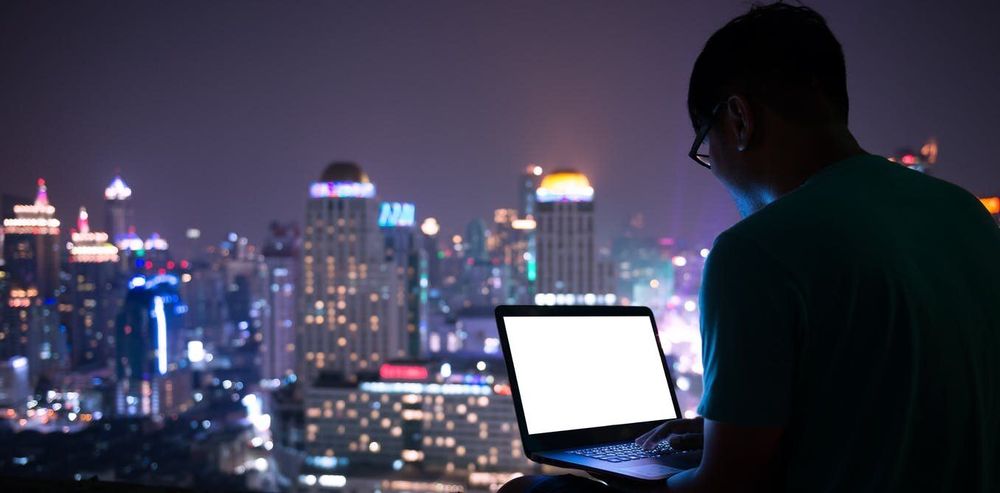The good news is that America already possesses vast sensor networks, ranging from the depths of the oceans to the harsh bleakness of space, capable of collecting the requisite information. All that Congress need do at this juncture is to require the Secretary of Defense and the Director of National Intelligence to review the UAP issue and deliver a report providing a comprehensive assessment. This report should include not only an estimate of the situation but a description of the structure and processes required to ensure effective collection and analysis going forward.
Since 2015, dozens of Navy F-18 fighter jets have encountered unidentified aerial phenomenon (UAPs) — once commonly referred to as UFOs — off the East Coast of the United States, some not far from the nation’s capital. Encounters have been reported by other military aircraft and civilian airliners elsewhere in the U.S. and abroad, too, including videos shot by airline passengers.
What these UAPs were and who was flying them — whether friends, foes or unknown forces — remains a mystery. Yet careful examination of the data inevitably leads to one possible, disturbing conclusion: A potential adversary of the United States has mastered technologies we do not yet understand to achieve capabilities we cannot yet match.
It is long past time for Congress to discover the answers to those questions and to share at least some of its conclusions with the public.
Read more









